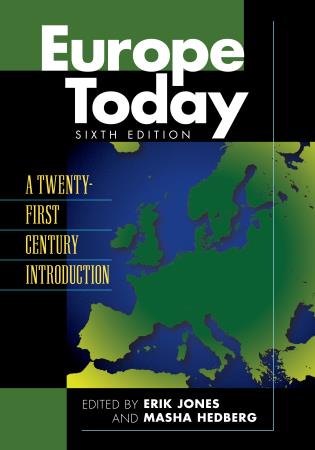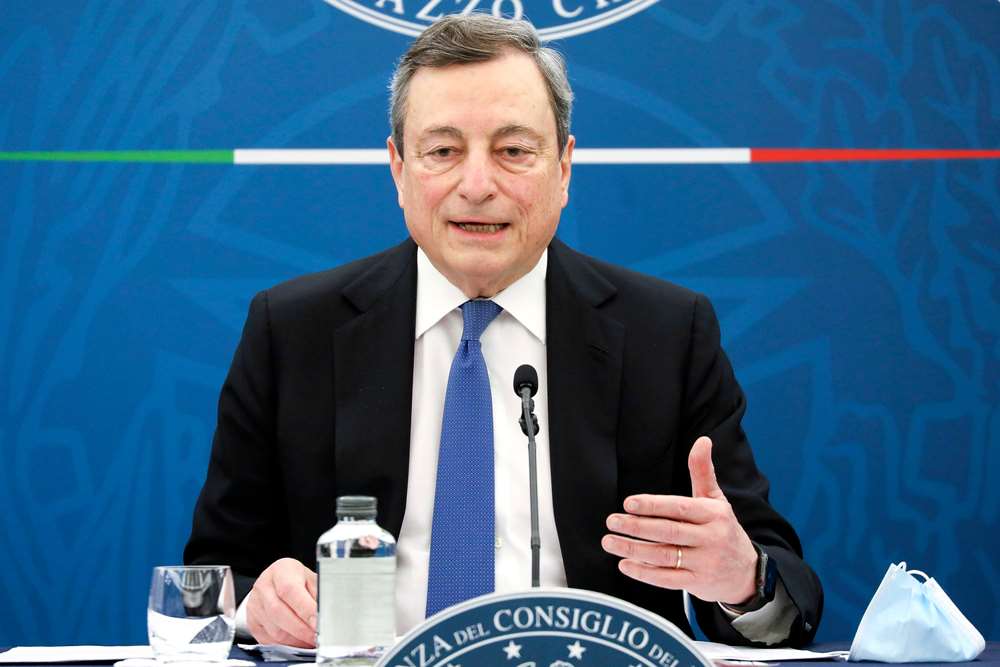Seasoned observers of Italian politics will tell you that there is a fairly consistent pattern to political crisis. The pattern starts with infighting among the governing coalition; it accelerates suddenly when one of the coalition partners ‘pulls the plug’ on the government; and then things slow down again as the various stakeholders realize how much is at stake for them personally if they let things fall apart. Parliamentary seats are prestigious, the salaries are high, and the pensions are generous provided the members just stay in post long enough to qualify. More important, real crisis comprises a lot of work with very uncertain pay-offs to be gained from an often-fickle electorate. Meanwhile, bad things can happen to the country’s economy, particularly vis-à-vis the banks and bond markets. In such a context, it is only reasonable to expect that cooler heads will prevail. Given the possible threat that an Italian meltdown would pose for the future of the euro (and hence also the European Union), we should all hope these observers are right. Nevertheless, there are four good reasons to believe that this time is different.
Continue reading →









